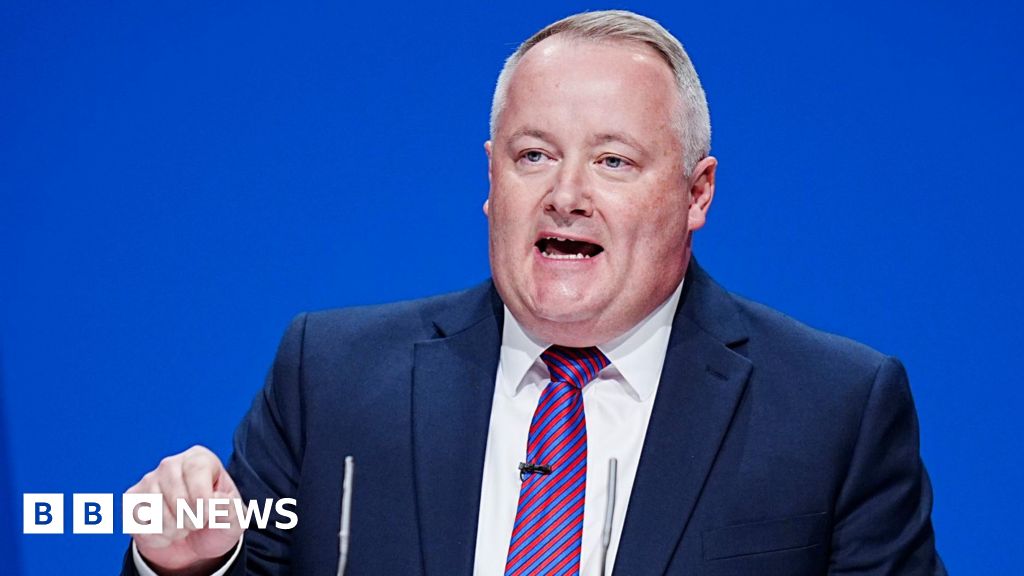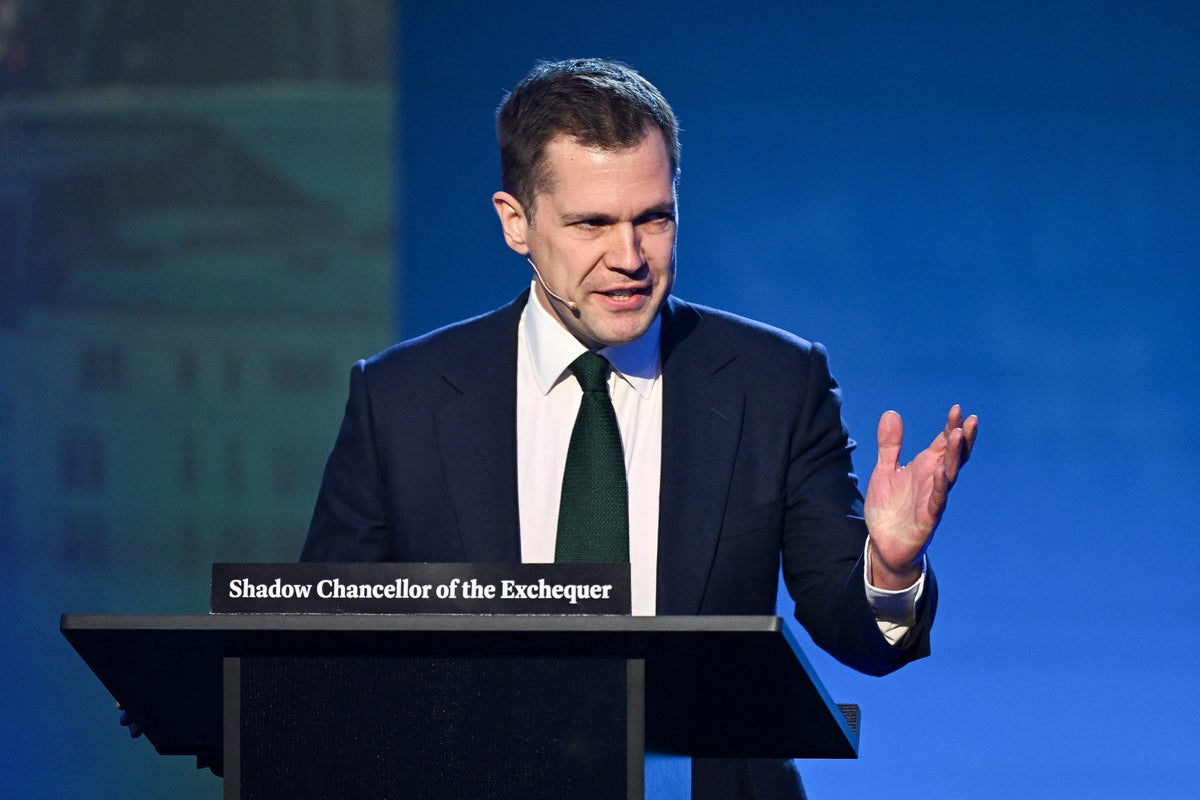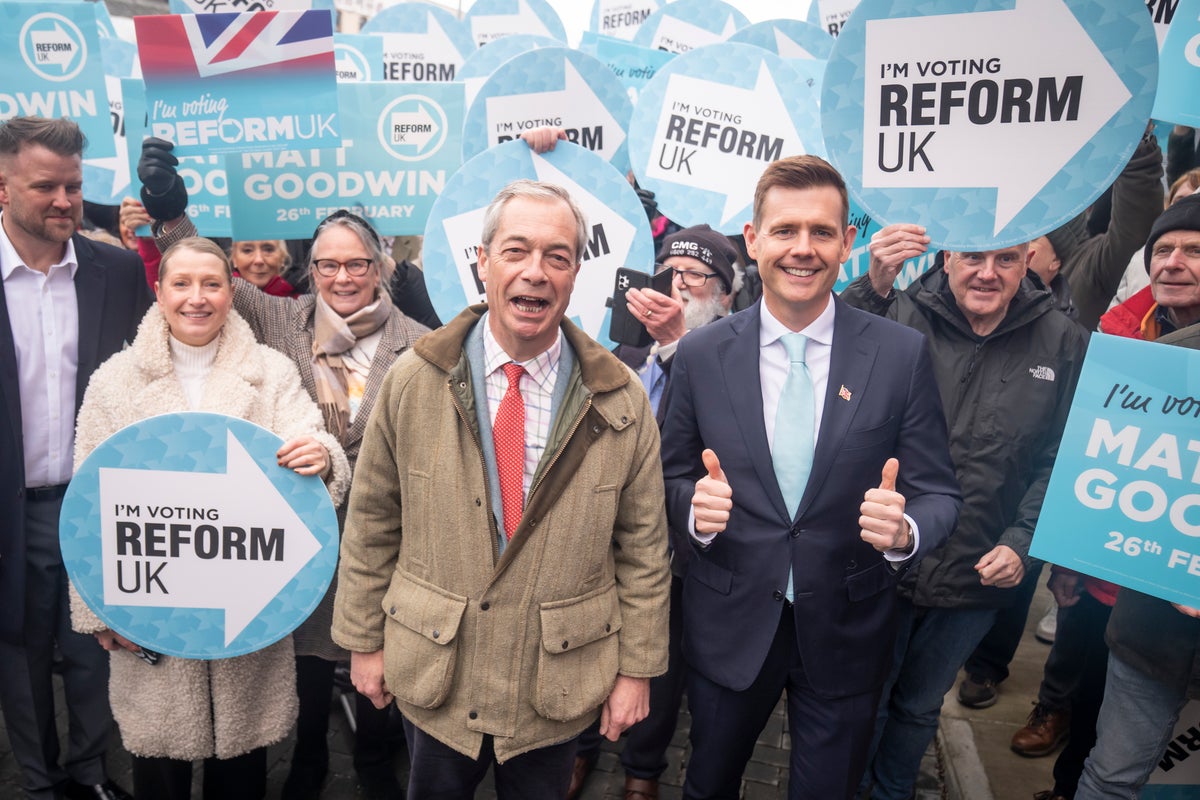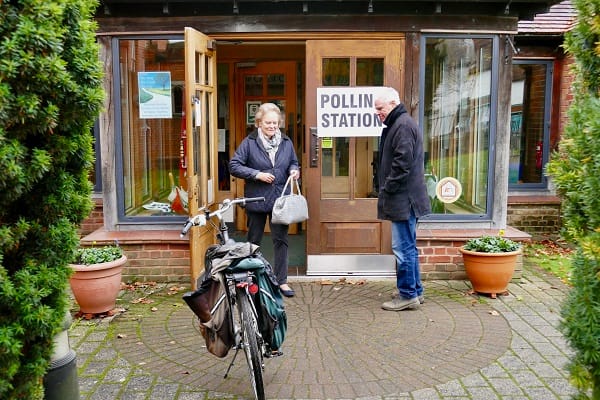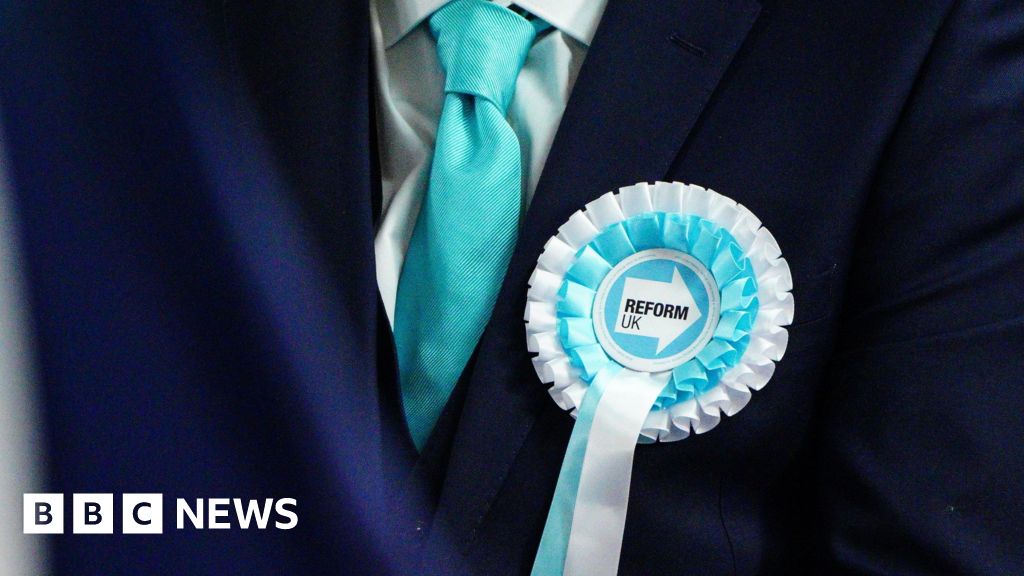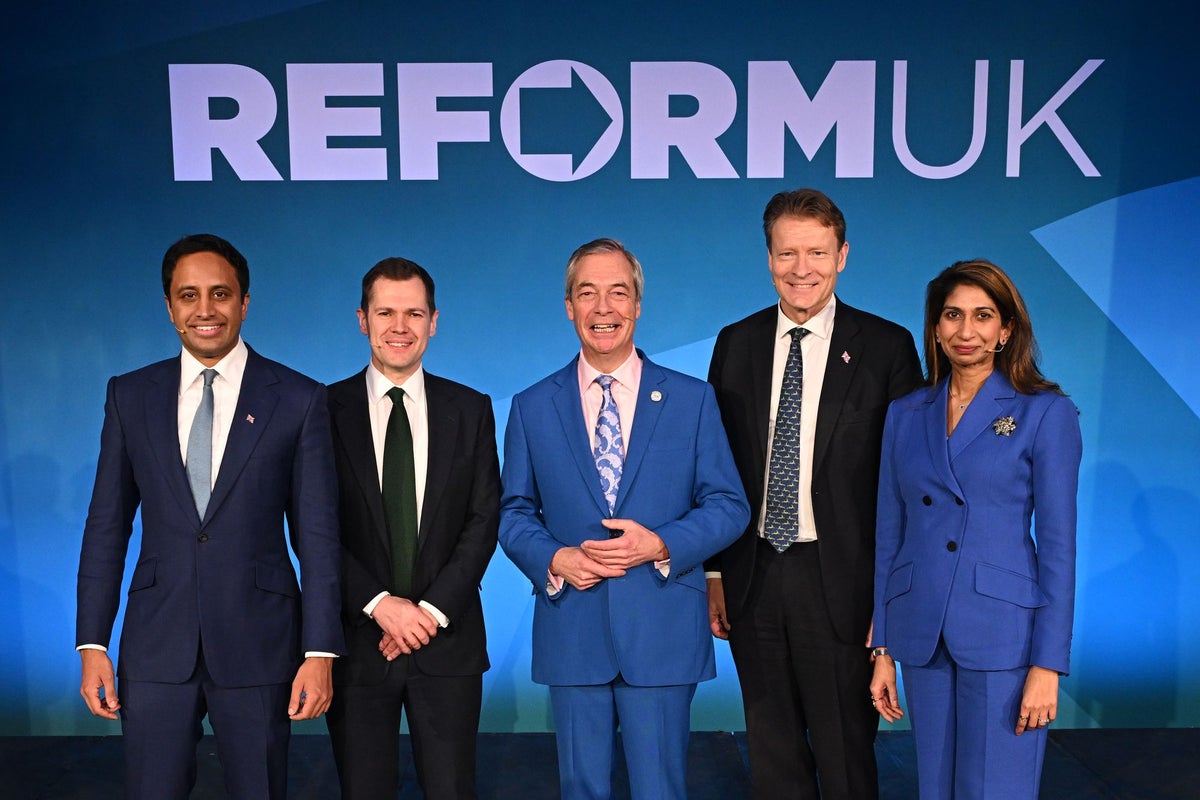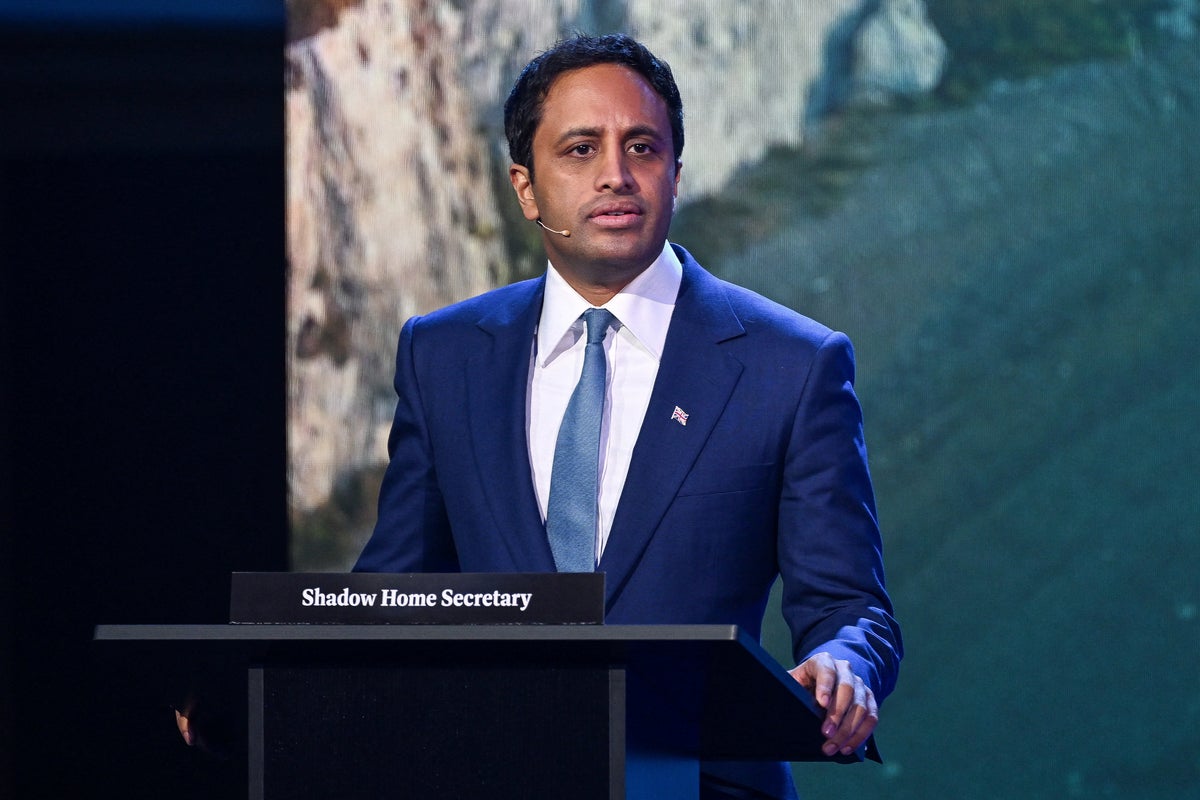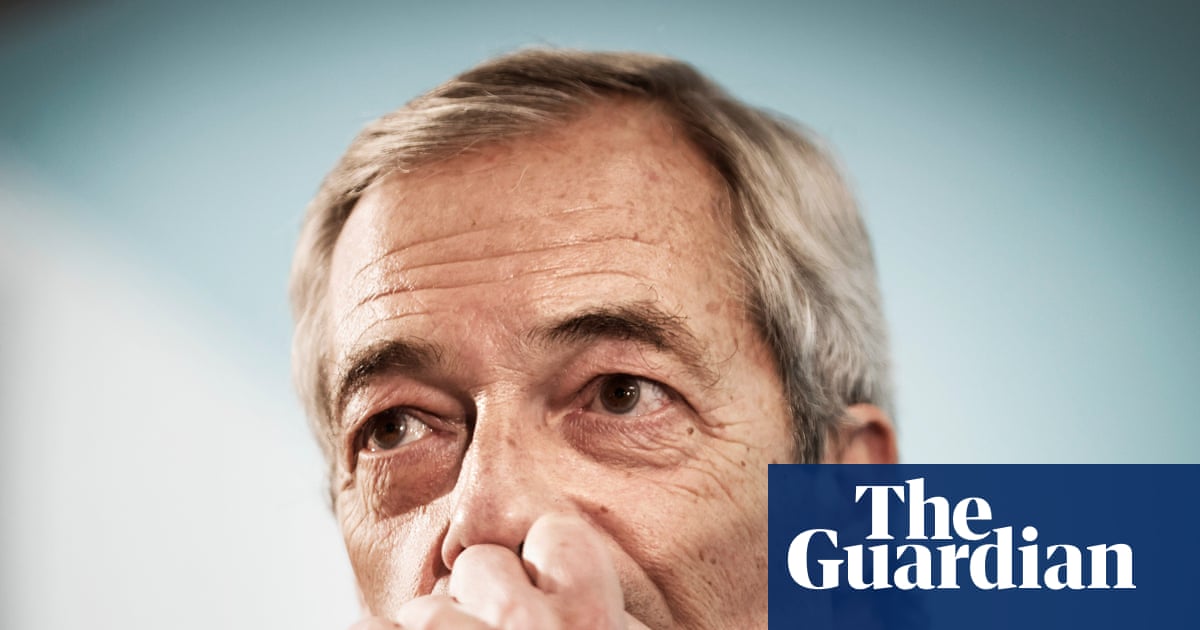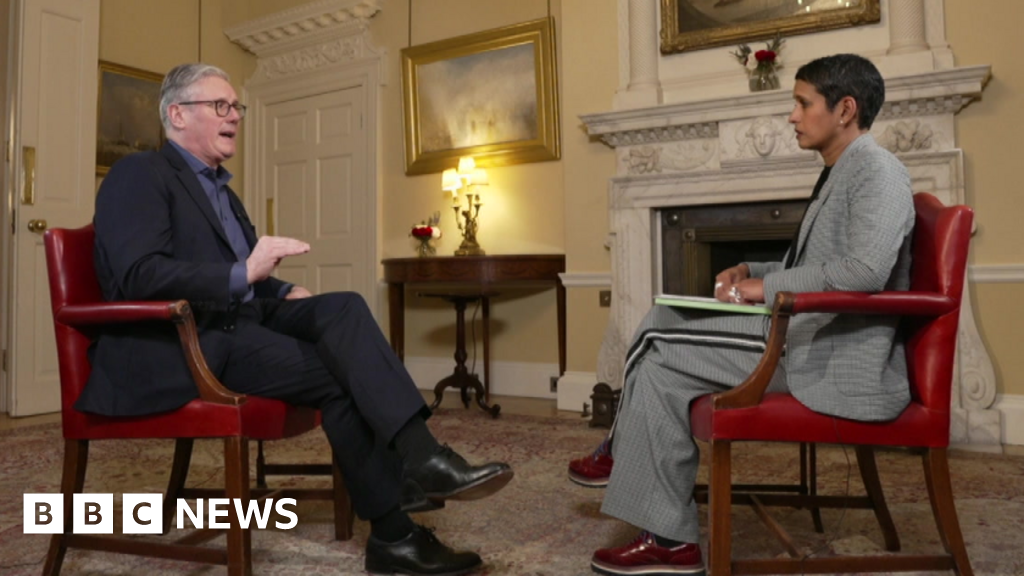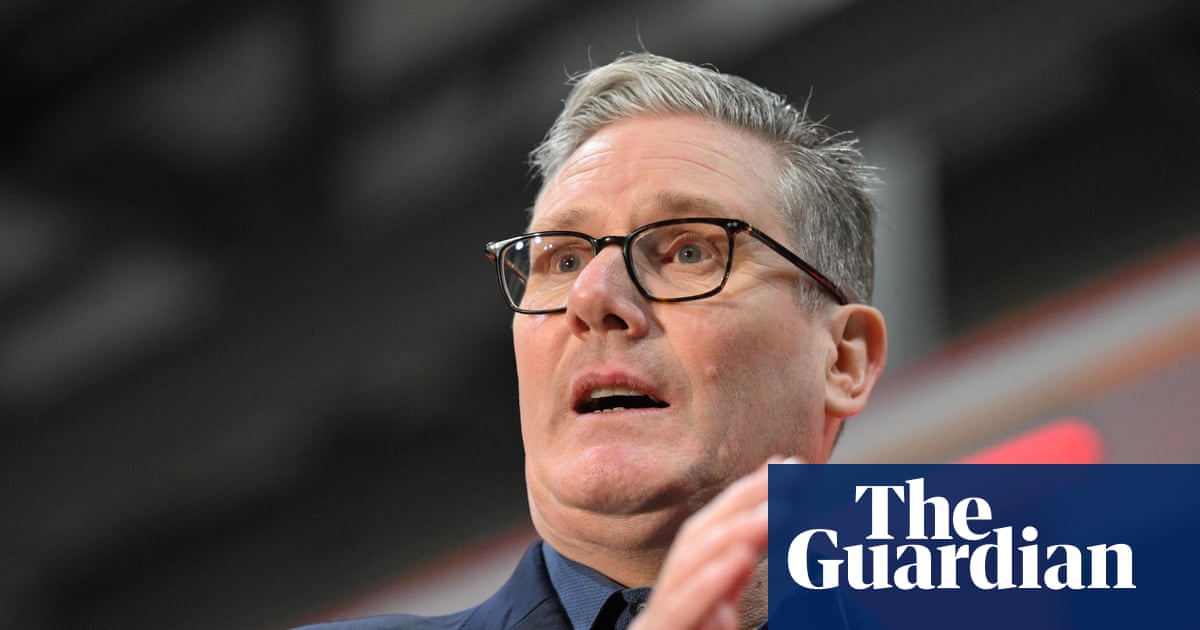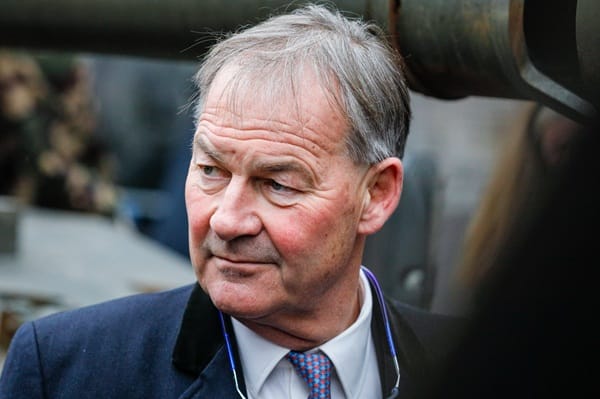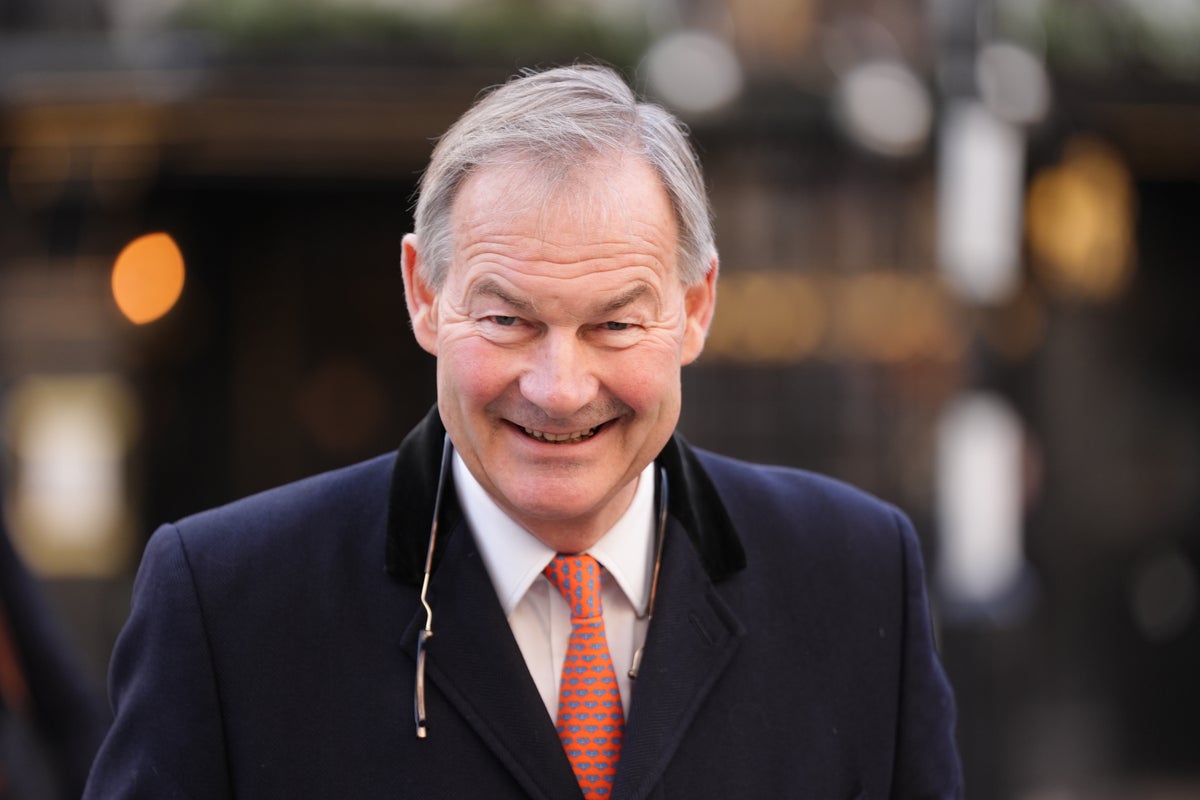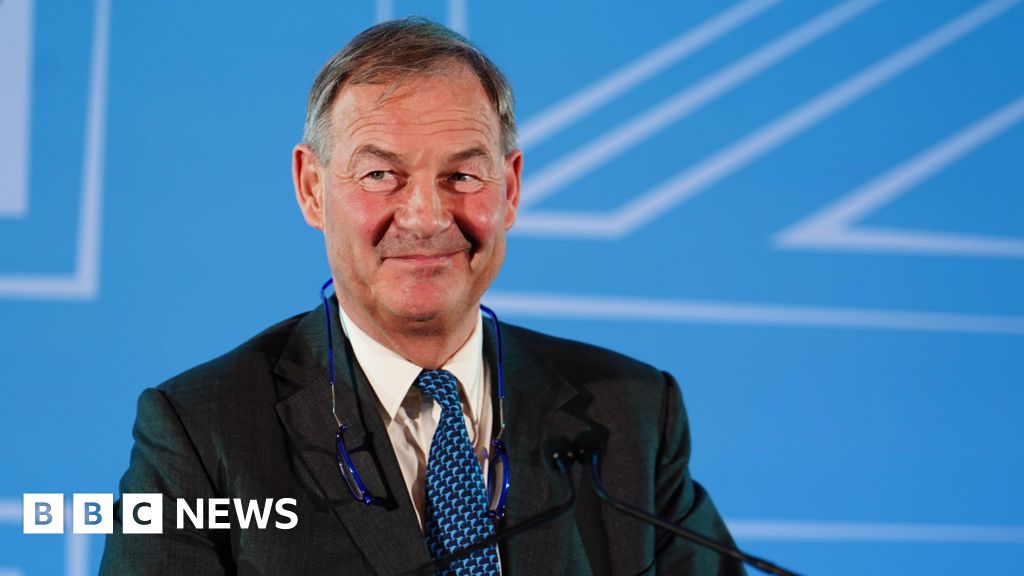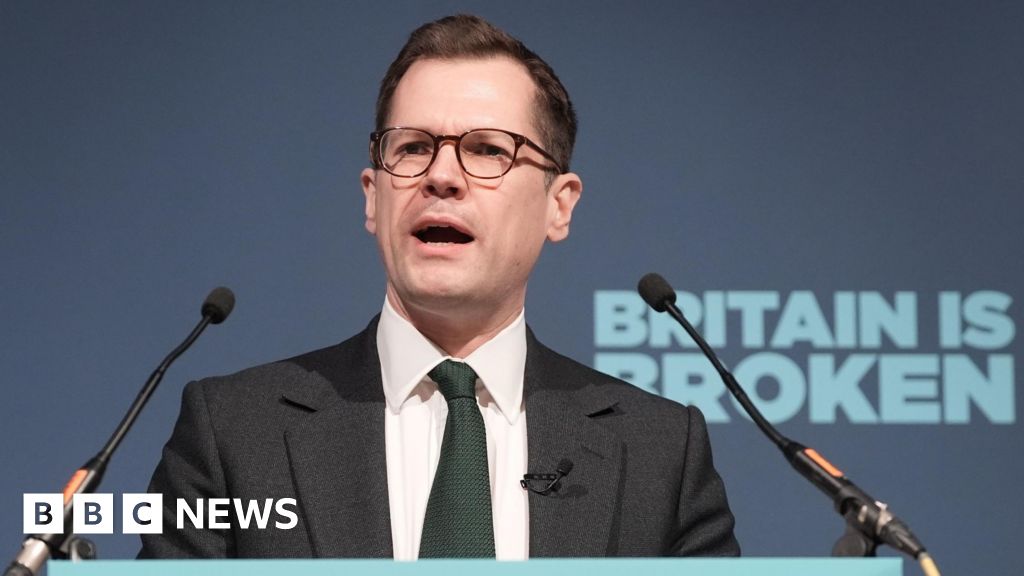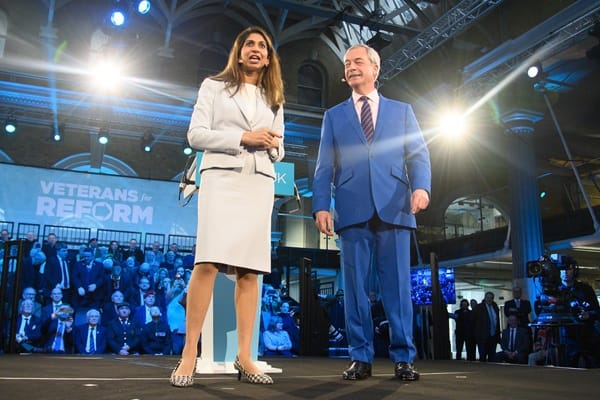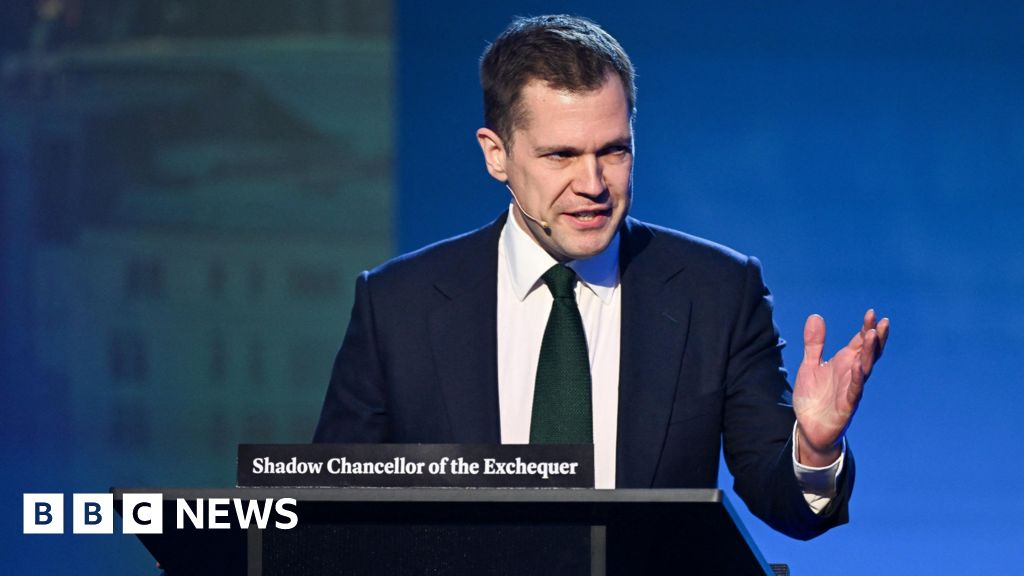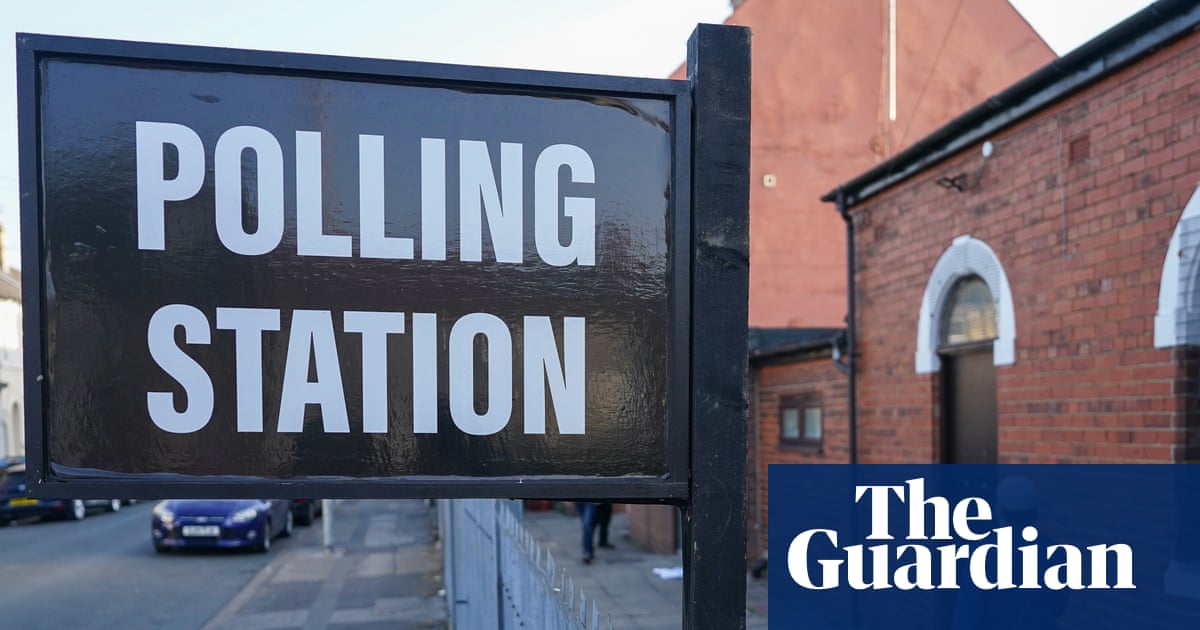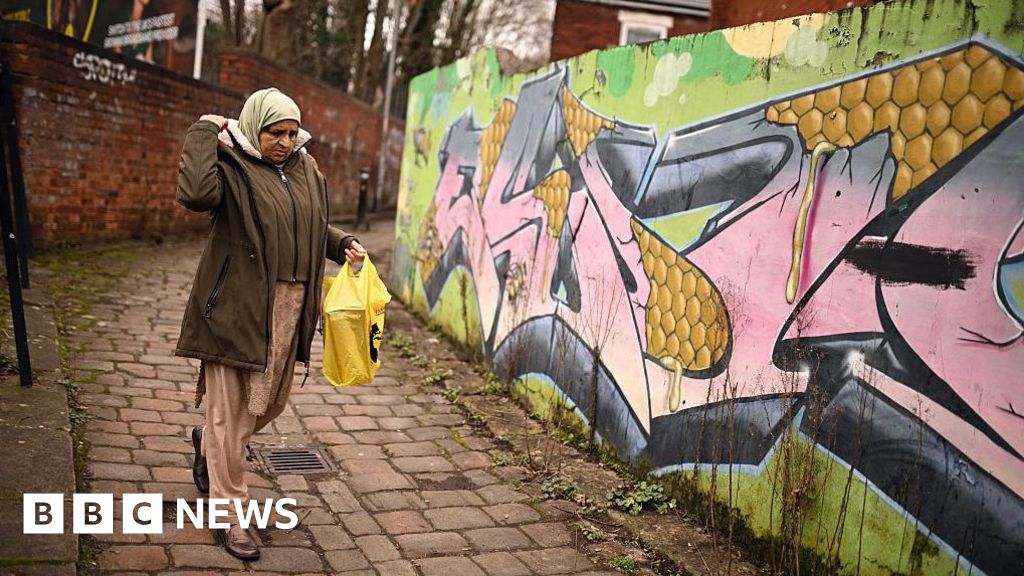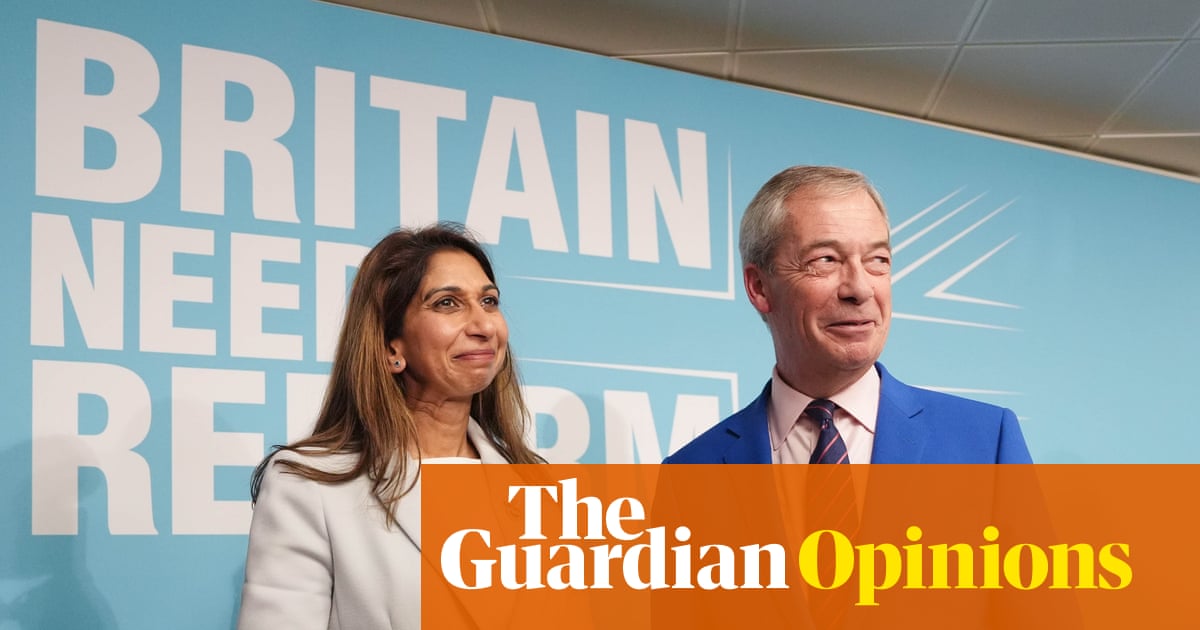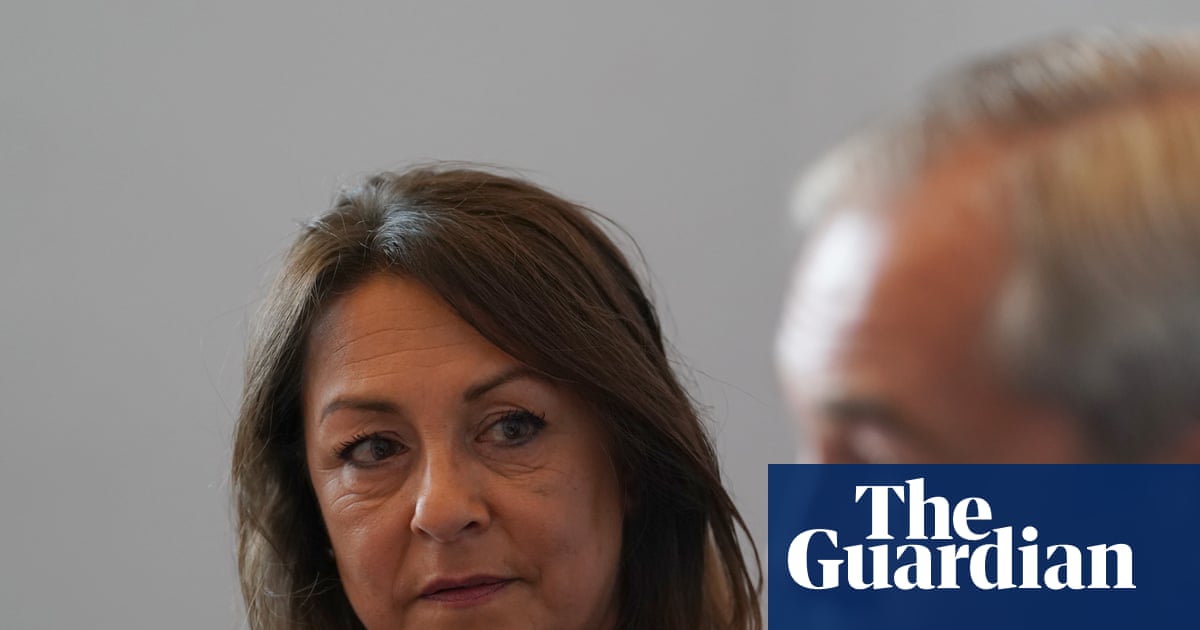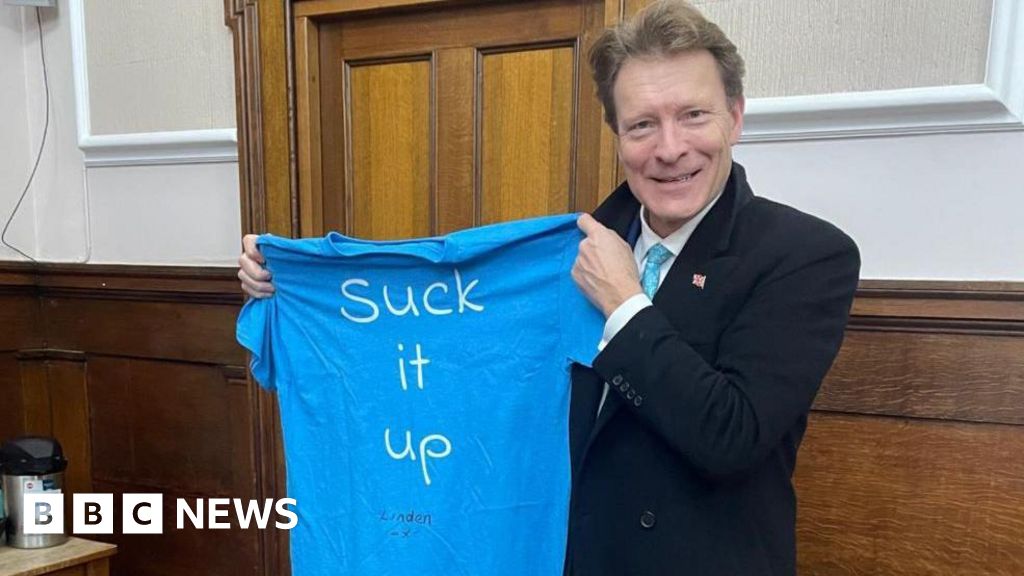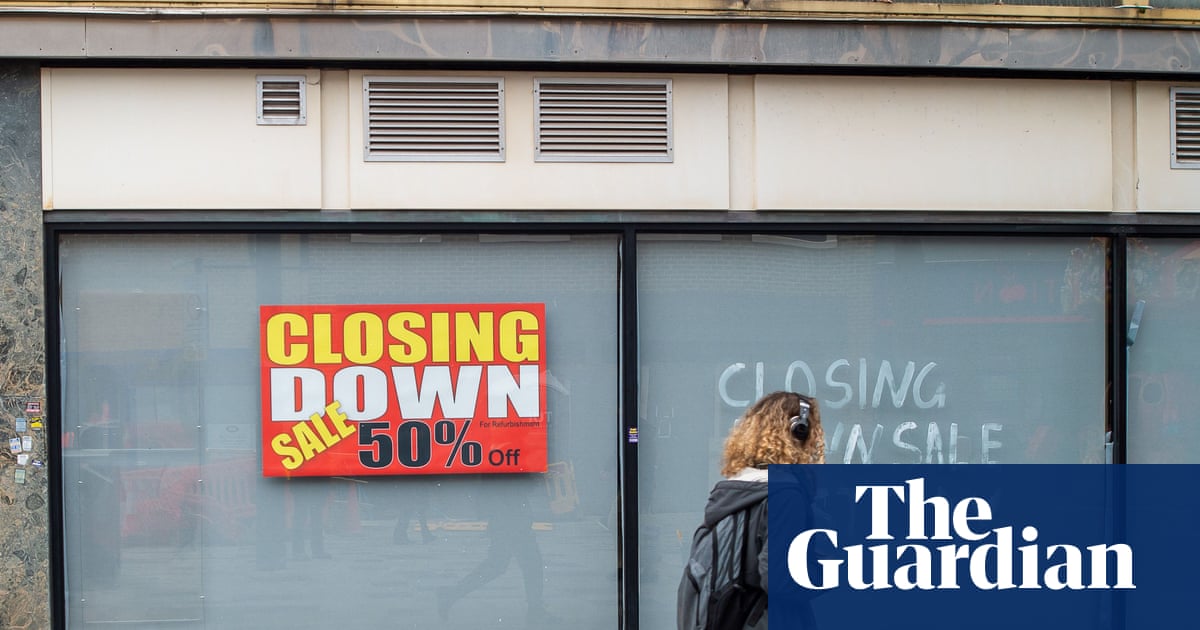#reform-uk
#reform-uk
[ follow ]
#nigel-farage #labour-party #journalism-funding #immigration-policy #green-party #welsh-politics #media-funding
UK politics
fromwww.independent.co.uk
1 day agoFarage says he has reported family voting' claims in Gorton and Denton to police
Reform UK reported allegations of illegal 'family voting' to police after coming second to the Greens in the Gorton and Denton by-election, with election observers documenting concerningly high levels of the practice.
fromLondon Business News | Londonlovesbusiness.com
1 day agoFarage Reports Allegations of 'Family Voting' Concerns - London Business News | Londonlovesbusiness.com
Reform has today reported the many cases of 'family voting' to the electoral commission and the police. What was witnessed yesterday is deeply concerning and raises serious questions about the integrity of the democratic process in predominantly Muslim areas. If this is what was happening at polling stations, just imagine the potential for coercion with postal votes.
UK politics
fromwww.bbc.com
1 day agoChristian groups 'outraged' at Reform conference held in Church House
Church House has provided a veneer of spiritual legitimacy to Reform's anti-migrant and anti-Muslim politics, and their cynical scapegoating. As followers of Jesus, we must refuse to let the architecture of [the venue be used as a moral backdrop for policies that contradict the very heart of the Christian faith].
UK politics
UK politics
fromIrish Independent
1 day agoPlumber-turned-Greens MP Hannah Spencer wins UK by-election in blow to Keir Starmer
Labour finished third in a Greater Manchester by-election, losing to the Green Party's Hannah Spencer and Reform UK, marking a significant defeat in a traditionally strong constituency.
UK politics
fromwww.bbc.com
2 days agoChris Mason: Gorton and Denton by-election could be a three-way tussle
The Gorton and Denton by-election represents a significant test for Labour, Reform, and the Greens, with the result carrying substantial psychological implications for each party's political momentum despite affecting only one of 650 Westminster seats.
UK politics
fromLondon Business News | Londonlovesbusiness.com
2 days agoReform Attracts the Strongest Betting Support This Election - London Business News | Londonlovesbusiness.com
Betting markets show Reform UK and the Green Party attracting significant backing in the Gorton & Denton by-election, with Reform at 38% of bets and Greens at 34%, suggesting increased competition in a traditionally Labour stronghold.
UK politics
fromwww.theguardian.com
2 days agoStarmer, Polanski and Farage in final pitch to voters as polls open in Gorton and Denton byelection UK politics live
The Gorton and Denton byelection is highly competitive with polling suggesting a close result, where narrow victory margins could disproportionately shape UK political narratives despite their statistical insignificance.
UK politics
fromwww.theguardian.com
2 days agoWhat a Gorton byelection win would mean for Reform, Greens and Labour
A Reform UK victory in Gorton and Denton would validate Nigel Farage's poll lead as genuine voter support rather than protest sentiment, while a Green win would pose the greatest threat to Starmer's leadership.
fromwww.bbc.com
3 days agoFourth Tory councillor defects to Reform
I am proud to be joining Reform UK as I believe it is the only party serious about fixing the problems facing our country. It is a party that recognises Britain is broken and is offering the bold, common sense plan needed to put it right.
UK politics
UK politics
fromwww.theguardian.com
1 week agoReform UK's Matt Goodwin faced GB News complaint over colleague's claim of inappropriate comments'
Matt Goodwin was accused by a GB News junior staffer of making inappropriate, allegedly sexually harassing comments; GB News investigated and Goodwin denies misconduct.
fromwww.theguardian.com
1 week agoI see two things in Gorton and Denton: palpable frustration and the need for wise voting to stop Reform | Polly Toynbee
If Labour wins in what has been an over-50% solid red-voting area since the second world war, that will calm nerves on its febrile back (and front) benches. If Labour loses, heavy blame will fall on Keir Starmer for fixing the party's ruling NEC to bar Andy Burnham's selection, ensuring he couldn't challenge for the leadership without a Westminster seat.
UK politics
UK politics
fromwww.theguardian.com
1 week agoReform UK no longer one-man band', Farage says as he prepares to announce shadow cabinet' appointments UK politics live
UK unemployment rose to 5.2% as wage growth slowed, and Reform UK plans cabinets staffed largely by non-career politicians, with Robert Jenrick as Treasury spokesperson.
fromwww.theguardian.com
2 weeks agoSenior Reform UK figures attend launch of How to Launder Money book
A close aide to Nigel Farage, Cottrell served several months in a US prison after being convicted there in 2017 for wire fraud a chapter in his life he referred to at his book launch party on Thursday night. Farage was among the guests at the luxury hotel Raffles on Whitehall, along with many senior members of Reform UK, but for once the party's leader was content to let the spotlight fall on Cottrell and his co-author Lawrence Burke Files.
UK politics
UK politics
fromwww.theguardian.com
2 weeks agoIf you want to know what Reform would be like in power, look at how it threatened Bangor University | Gaby Hinsliff
A university debating society declined appearances by two Reform-linked figures citing zero tolerance for racism, transphobia, or homophobia, increasing their visibility online.
fromwww.theguardian.com
2 weeks agoPubs are for everyone. Don't let Reform make them the political property of the boorish hard right | Jonathan Liew
The pint is served roughly. It spills as it lands on the bar, sending a little eddy of suds down the glass, into the lattice of branded rubber matting, a place where neither scrubbing brushes nor a desperate human tongue can penetrate. Typical. My 5p Reform windfall, gone in the clumsy flick of a wrist. I guard the pint carefully as I weave a perilous path to my table, quietly satisfied at pushing another struggling family closer to penury.
UK politics
fromThe US Sun
2 weeks agoFarage will END working from home as he blasts 'it's a load of nonsense!'
"You can't go on the sick because you've got mild anxiety. But it is an attitudinal change that Britain needs. "An attitudinal change to hard work, rather than work-life balance. "An attitudinal change to the idea of working from home. "People aren't more productive working at home - it's a load of nonsense. "They're more productive being with other fellow human beings and working as part of a team."
UK politics
fromwww.bbc.com
3 weeks agoCounty council facing 'effective bankruptcy'
"If we don't get what we need [in terms of extra government help] then a Section 114 Notice will come in, which is effective bankruptcy. We'd then get administrators come in, in effect - they'd then make a plan for where the money gets spent in Worcestershire. It would be a catastrophe. We're going to have to halt projects that were put into the budget by the previous administration, things that maybe were 'nice to have', but we can't afford them."
UK politics
fromwww.bbc.com
3 weeks agoEx-Tory councillor unveiled by Nigel Farage as Reform's Welsh leader
We have a once-in-a-lifetime opportunity to smash Labour's failing grip in Wales and, as your new leader in Wales, I will pour my heart and soul into fighting for every vote. We will have a positive, ambitious manifesto, we will have a team of talented, passionate candidates who know their communities and will be taking our message of change to the streets. We're fighting to win, fighting for every vote, because this is the last chance for Wales.
UK politics
fromwww.theguardian.com
3 weeks agoFormer Tory head of London council appointed Reform leader in Wales
Dan Thomas, a former Conservative leader of Barnet council, has been announced by Nigel Farage as Reform UK's leader in Wales, three months before Senedd elections in which the hard-right party could win the most seats in the country. Farage received a standing ovation before he introduced Thomas at a sold-out rally of approximately 1,000 people at the International Convention Centre Wales, near Newport, on Thursday morning.
UK politics
fromwww.theguardian.com
3 weeks agoI had to learn very quickly': Reform UK leader, 19, defends council tax rise
It's not an ideal situation. We want low tax, low spend and we were always committed to that. It's just that national pressures that the government is not solving [such as] Send [special educational needs and disabilities] home-school transport. The people understand that taxes do have to go up now. I am dead against increasing taxes and I will do as much as I can to lower that bill and that burden.
UK politics
[ Load more ]


